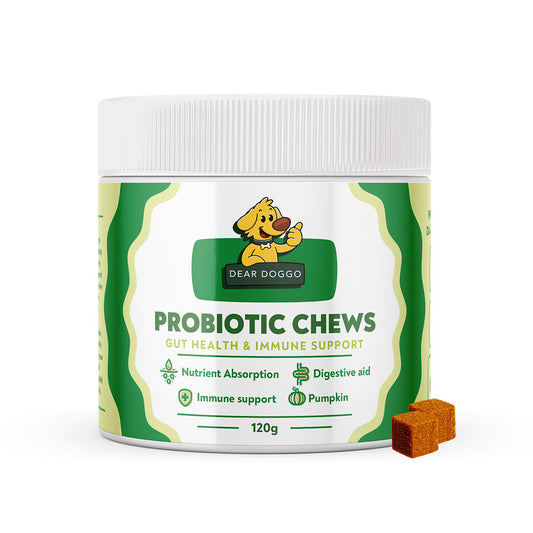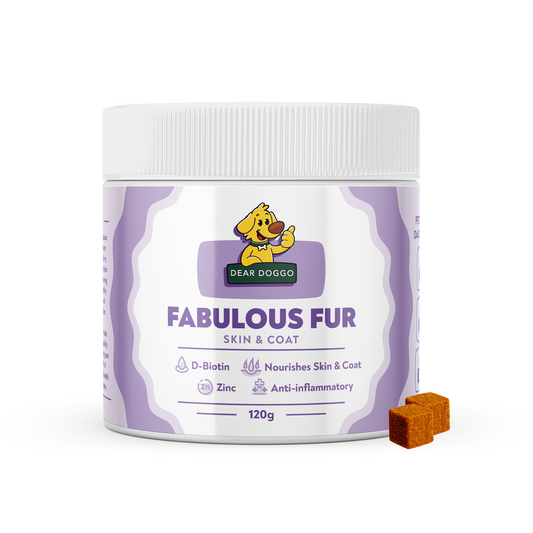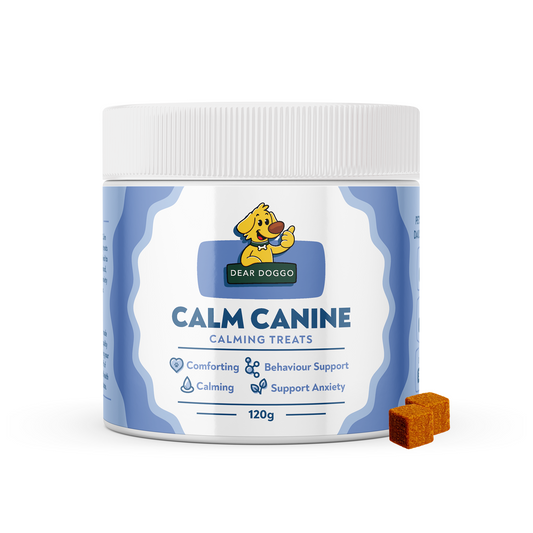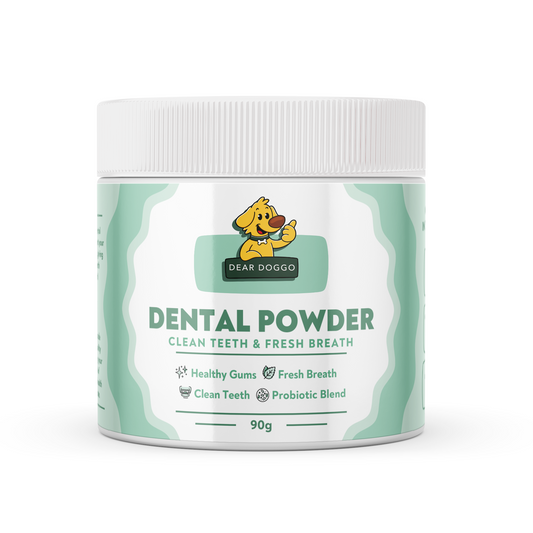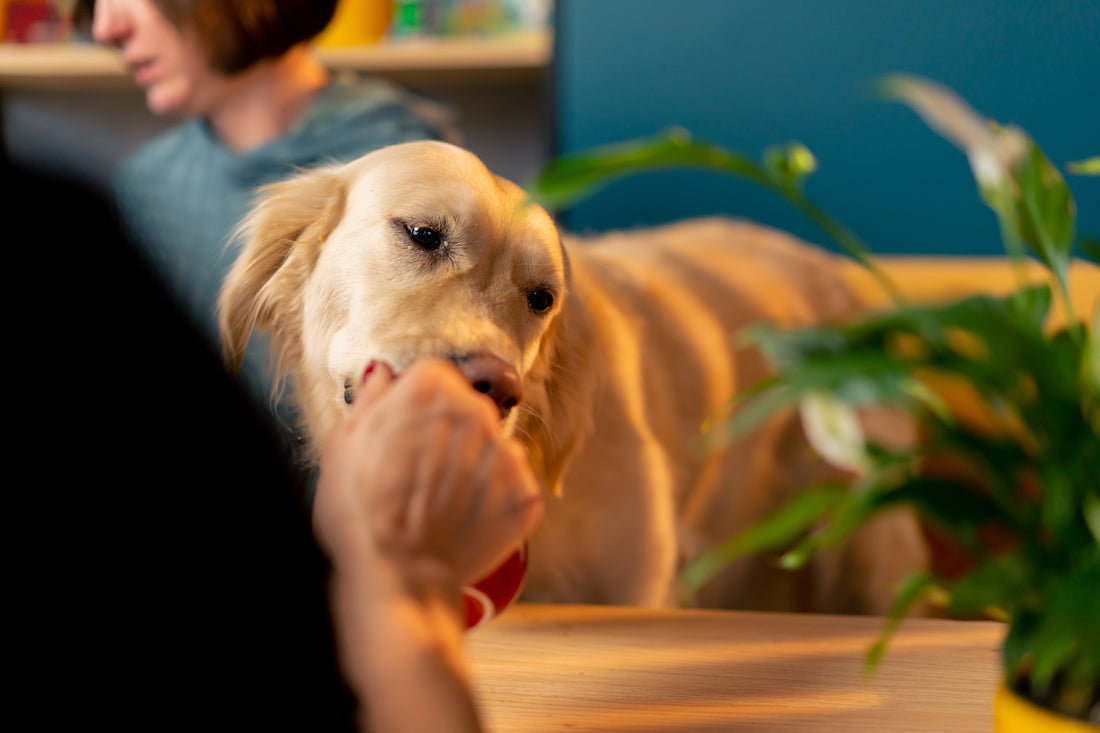As loving pet owners, we often enjoy sharing meals and treats with our furry friends. However, not all human foods are safe for dogs to consume. In fact, some common ingredients can be toxic and potentially harmful to their health. In this guide, we'll explore important foods to avoid feeding your dog and why they pose a risk.
-
Chocolate: Chocolate contains theobromine and caffeine, compounds that are toxic to dogs. Even small amounts of chocolate can cause symptoms ranging from vomiting and diarrhea to more severe issues such as seizures and even death. Keep all chocolate products, including cocoa powder and baking chocolate, out of reach of your canine companion.
-
Grapes and Raisins: Grapes and raisins can cause kidney failure in dogs, even in small quantities. The exact toxic compound in these fruits is unknown, but ingestion can lead to symptoms such as vomiting, diarrhea, and lethargy. To be safe, it's best to avoid feeding grapes or raisins to your dog altogether.
-
Onions and Garlic: Onions and garlic, whether raw, cooked, or powdered, contain compounds that can damage a dog's red blood cells and lead to anemia. Symptoms of onion or garlic toxicity may include weakness, lethargy, and pale gums. Avoid feeding your dog foods seasoned with onions or garlic, and be cautious of dishes that contain these ingredients.
-
Xylitol: Xylitol is a sugar substitute commonly found in sugar-free gum, candies, and some peanut butter brands. Ingestion of xylitol can cause a rapid release of insulin in dogs, leading to hypoglycemia (low blood sugar) and potentially life-threatening complications. Check labels carefully and avoid feeding your dog any products containing xylitol.
-
Alcohol: Alcoholic beverages, as well as foods containing alcohol, should never be given to dogs. Alcohol can cause intoxication, vomiting, diarrhea, coordination problems, and even respiratory failure in pets. Keep all alcoholic beverages securely stored and out of your dog's reach.
-
Bones: While it's a common practice to give dogs bones as treats, certain types of bones can pose risks. Cooked bones, particularly chicken and turkey bones, can splinter and cause choking or internal injuries if ingested. Instead, opt for specially designed dog bones or chews that are safe for chewing and digestion.
-
Macadamia Nuts: Macadamia nuts are highly toxic to dogs and can cause weakness, vomiting, tremors, and hyperthermia. Even a small amount of macadamia nuts can lead to serious symptoms. Keep all products containing macadamia nuts, such as cookies and candies, away from your dog.
While it's tempting to share our favorite foods with our canine companions, it's essential to be mindful of what is safe for them to eat. By avoiding potentially harmful foods and providing a balanced diet tailored to their nutritional needs, you can help keep your dog happy, healthy, and thriving for years to come. If you suspect your dog has ingested a toxic substance, contact your veterinarian or an animal poison control hotline immediately for guidance and assistance.
 45-Day Money Back Guarantee
45-Day Money Back Guarantee

